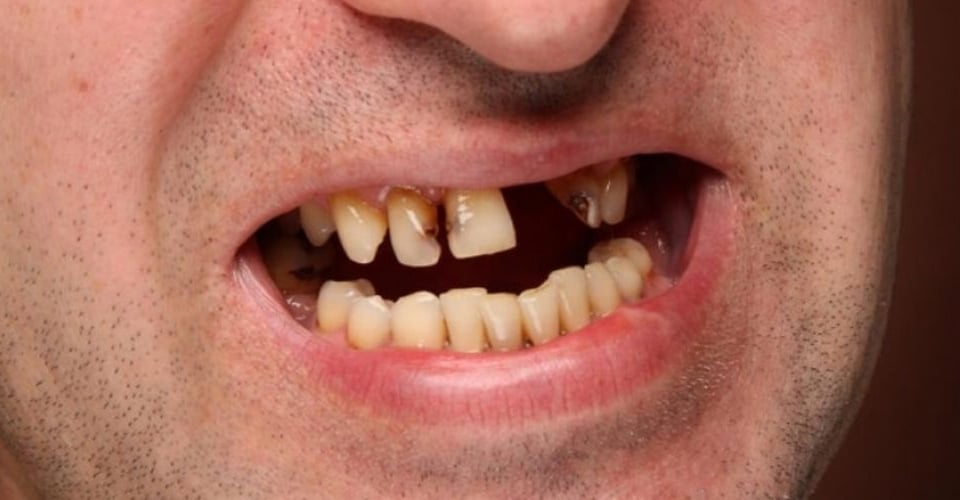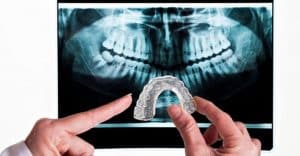Imagine that you are experiencing the following problems – your teeth are coming loose, your gums are bleeding and you are developing mouth ulcers that just won’t heal.
Most people would assume that an infection is to blame. But it could be an old illness more commonly associated with sailors spending months at sea without adequate nutrition.
Yes, we’re talking about scurvy, and this once forgotten illness is making a comeback in Australia and in those who would least expect it.
Scurvy is a pronounced Vitamin C deficiency that develops over several months and is one that has been diagnosed in Australians who are obese as well as those who have Diabetes. Unlike in the past, those suffering from the illness do have access to fresh fruits and vegetables (the most common way of preventing it) but are steering clear of them for many reasons.
Some people avoid eating fruits as they believe it will increase their blood sugar glucose levels. Others end up eating processed fast food due to a lack of time and resources. Even more, consume fruits and vegetables but in a cooked or processed form that is devoid of any nutritional benefit.
According to dietary experts, those most at risk of developing scurvy are those who abuse alcohol, the elderly, children, people with eating disorders or people with medical conditions that prevent their bodies from absorbing Vitamin C (such as Crohn’s Disease).
Thankfully, treating scurvy is incredibly quick and easy. It’s as simple as a visit to a doctor and a daily regimen of Vitamin C tablets, as well as integrating Vitamin C-rich foods into your daily diet.
It is worth noting that only a doctor and blood test can accurately diagnose scurvy, so if you suspect this might be the cause of your dental woes (as well as other physical symptoms, such as bruising, constant infections and joint pain) speak to your doctor right away.
Once you have gotten a treatment plan for scurvy in place, your next visit should be to your dentist to help treat the oral and dental problems associated with scurvy. You might need to treat a few oral infections to reduce gum bleeding or swelling or more, but a holistic treatment is best.












